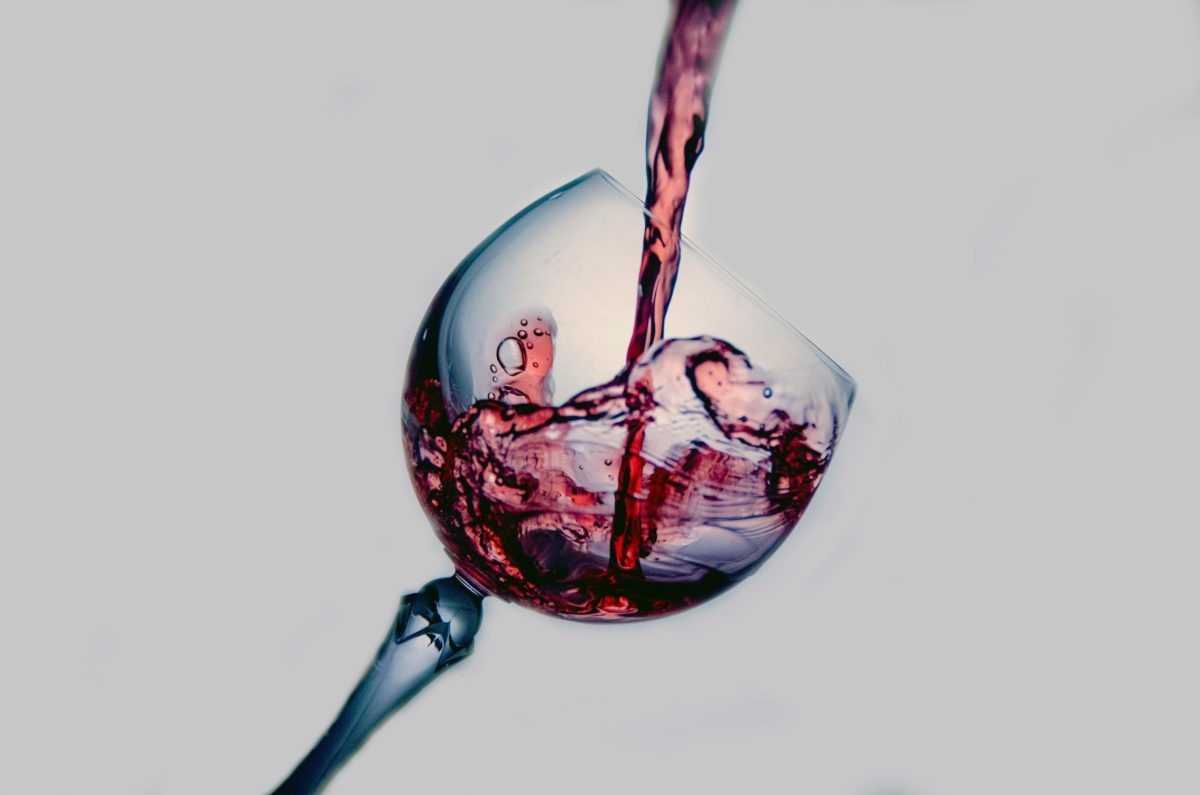Antioxidants: Red Wine & Resveratrol

Photo by Terry Vlisidis on Unsplash
For years, drinking red wine has been associated with a lower rate of heart attacks in France, and thus has become a regular part of the American lifestyle. More recently, researchers at Harvard Medical School and the National Institutes of Health identified a specific chemical in red wine – Resveratrol – that seemed to significantly delay the effects of aging in mice, when given in very high doses. It is estimated that Americans spend upwards of $30 million dollars of resveratrol-containing products. Red wine is widely known by many Americans for its health-boosting antioxidants benefits.
What is Resveratrol?
Resveratrol is known for its excellent anti-aging abilities. Recent studies suggest that resveratrol stimulates cellular proteins, which allows the cells to live longer in your body. By manipulating specific genes’ expression, like Sirtuin1, resveratrol may slow down the aging process significantly. It works to slow the effects of aging on important genes in the brain, heart, pancreas and muscles – the crucial genes that keep your organs functioning properly as you grow older. Resveratrol may help support the kidneys as well. Resveratrol is also known to have vast benefits for circulatory health. It works to restore the function of cells that regulate proper blood flow, which in turn contributes to higher levels of brain function in aging people. Other studies suggest that resveratrol protects the function of tiny capillaries that feed the retina of the eye, thus preventing the adverse impact of aging on eye and vision health. Resveratrol may also help support the kidneys promoting normal fluid retention.
Another great benefit of resveratrol is its ability to speed up the healing process and help repair tissues that have been damaged from general wear-and-tear on the body, which promotes proper skin and wound healing. Resveratrol helps inhibit the production of abnormal collagen by calming the hyperactivity that occurs in an aging body that’s working overtime to properly heal this general wear-and-tear. It also sends malfunctioning cells to a separate location where they cannot cause any damage to the body.
Overall, through its manipulation of the genes in your vital organs and its great benefits for circulatory health, resveratrol can be extremely effective to extend both your health span and your lifespan.
The debate still continues as to whether simply consuming red wine and dark chocolate will prolong your life by any significant means. But in terms of taste, well, we all know that we can’t go wrong with wine and chocolate!
Cocoa in its Raw Form
Chocolate is one of nature’s most powerful super foods. It its natural form, it contains a wide variety of minerals, vitamins and antioxidant flavonoids that offer great health benefits. But the benefits of chocolate are generally reversed when milk, cholesterol from milk solids, and/or an enormous amount of refined sugar are added. Cocoa is naturally bitter in flavor so chocolate bars require a lot of sweetening. When cocoa is cooked, it becomes even more bitter.
Chocolate in its natural form (without the additives) includes essential minerals such as magnesium, calcium, iron and zinc, as well as the Vitamins A, B1, B2, B3, C, E and pantothenic acid. In addition, it has polyphenols similar to those found in wine that offer excellent antioxidant protection. These beneficial antioxidants increase circulation to the brain and heart, improving healthy blood flow. They also help to reduce the blood’s clotting function, potentially decreasing your risk of blood and cardiovascular related health issues. Together, these agents help improve various areas of health such as circulation, energy and mood. Flavonols appear to be the substances in cocoa that are responsible for boosting heart health and keeping blood pressure in the normal range. These substances appear to improve the bioavailability of nitric oxide from the cells that line the inner wall of blood vessels:
Cocoa may increase blood flow to the brain, according to new research published in the Neuropsychiatric Disease and Treatment journal. The researchers suggest that long-term improvements in brain blood flow could impact cognitive behavior, offering future potential research into a healthy aging brain, increased memory and lowering risk for debilitating events. In a scientific study of healthy, older adults ages 59 to 83, Harvard medical scientists found that study participants who regularly drank a cocoa flavonol-rich beverage had an eight percent increase in brain blood flow after one week, and 10 percent increase after two weeks. In this first-of-its-kind study, the researchers found both short and long-term benefits of cocoa flavonols for brain blood flow, offering future potential for the one in seven older Americans. Scientists speculate that maintaining an increased blood flow to the brain could slow this cognitive decline.
What do you think about this popular antioxidant, Resveratrol? Share your feedback in the comments!
Source: http://thechart.blogs.cnn.com/2014/05/12/antioxidant-in-red-wine-has-no-benefit-at-low-doses/